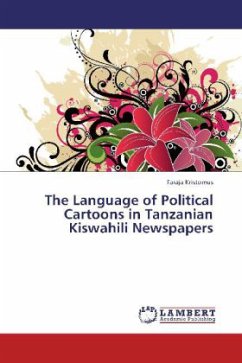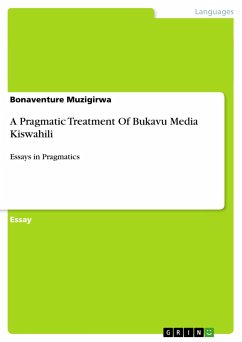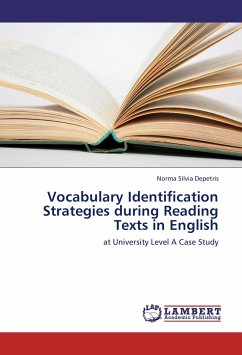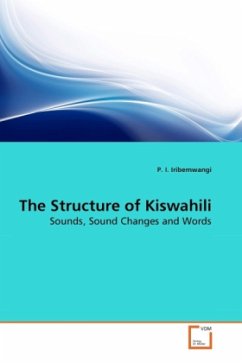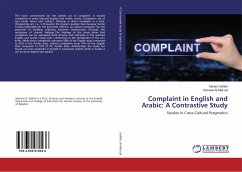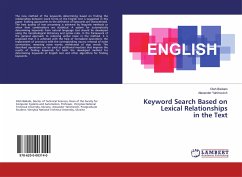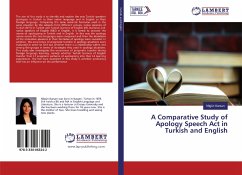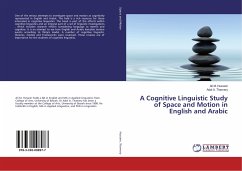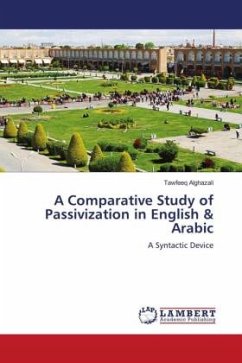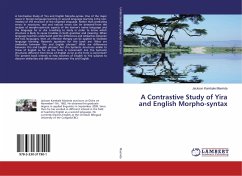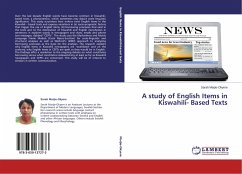
A study of English Items in Kiswahili- Based Texts
Versandkostenfrei!
Versandfertig in 6-10 Tagen
41,99 €
inkl. MwSt.

PAYBACK Punkte
21 °P sammeln!
Over the last decade English words have become common in Kiswahili-based texts, a phenomenon, which sometimes may depict some linguistic significance. This study scrutinizes how writers treat English items in the Kiswahili - based texts and exposes variations in (a) socio-pragmatic factors that trigger the use of English items, (b) borrowing processes that exist in the texts and (c) the distribution of Kiswahili and English morphemes in sentences. It explores words in newspapers and chats, emails and phone text messages, dabbed "CEPTs". The study uses the Markedness and Matrix Language Frame M...
Over the last decade English words have become common in Kiswahili-based texts, a phenomenon, which sometimes may depict some linguistic significance. This study scrutinizes how writers treat English items in the Kiswahili - based texts and exposes variations in (a) socio-pragmatic factors that trigger the use of English items, (b) borrowing processes that exist in the texts and (c) the distribution of Kiswahili and English morphemes in sentences. It explores words in newspapers and chats, emails and phone text messages, dabbed "CEPTs". The study uses the Markedness and Matrix Language Frame Models (Carol Myers-Scotton) for socio-linguistic and structural analyses as well as Winford's (2003) approach to analyzing borrowing processes as the basis for the analyses. The research explains why English items in Kiswahili newspapers are 'swahilized' and on the contrary, why English items in CEPTs are spelt as they would be in English. The findings offer a resolution to the ongoing debate on what constitutes borrowing versus what constitutes codeswitching at least as far as Kiswahili newspapers and CEPTs are concerned. This study will be of interest to scholars in written communication.



